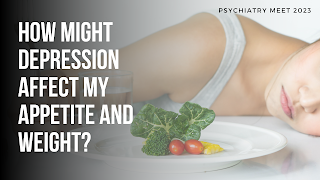Is OCD a Psychiatric Disorder?
Is OCD a Psychiatric Disorder?
Obsessive compulsive disorder is said
to be a mental illness. It is of two parts: obsessions and compulsions. Obsessions
are the thoughts, whereas compulsions are usually the behaviours. Some
compulsions can also be done as thoughts. They can differ in intensity but for the
diagnosis of Obsessive-Compulsive Disorder, the obsessions and compulsions must
importantly interfere with the person’s ability to live their life and cause a
great deal of distress.
People may experience obsessions, compulsions, or both, and they may cause a lot of distress as said. Obsessive-compulsive disorder might be a very challenging thing and hard to explain to others. We may feel embarrassed, ashamed, or guilty about our experiences. These feelings can make it hard to seek help. Because obsessions and compulsions take a lot of time, it can be hard to go about our daily life. Many people describe OCD as something that takes over their life, and this is not an easy thing to deal with. But OCD is treatable. Antidepressants are the most common used medication for OCD. Antianxiety medications (benzodiazepines) may be the less effective for OCD, so they are not usually the first option to try. Diagnosis of obsessive-compulsive disorder is clinical, based on the presence of obsessions, compulsions, or both. The obsessions or compulsions must be time-consuming (eg, > 1 hour a day) or cause clinically significant distress or impairment of functioning.
Obsessions often have themes to them, such as:
·
Fear of contamination or dirt
·
Doubting and having difficulty tolerating
uncertainty
·
Needing things orderly and symmetrical
·
Aggressive or horrific thoughts about losing
control and harming yourself or others
·
Unwanted thoughts, including aggression, or
sexual or religious subjects




Comments
Post a Comment